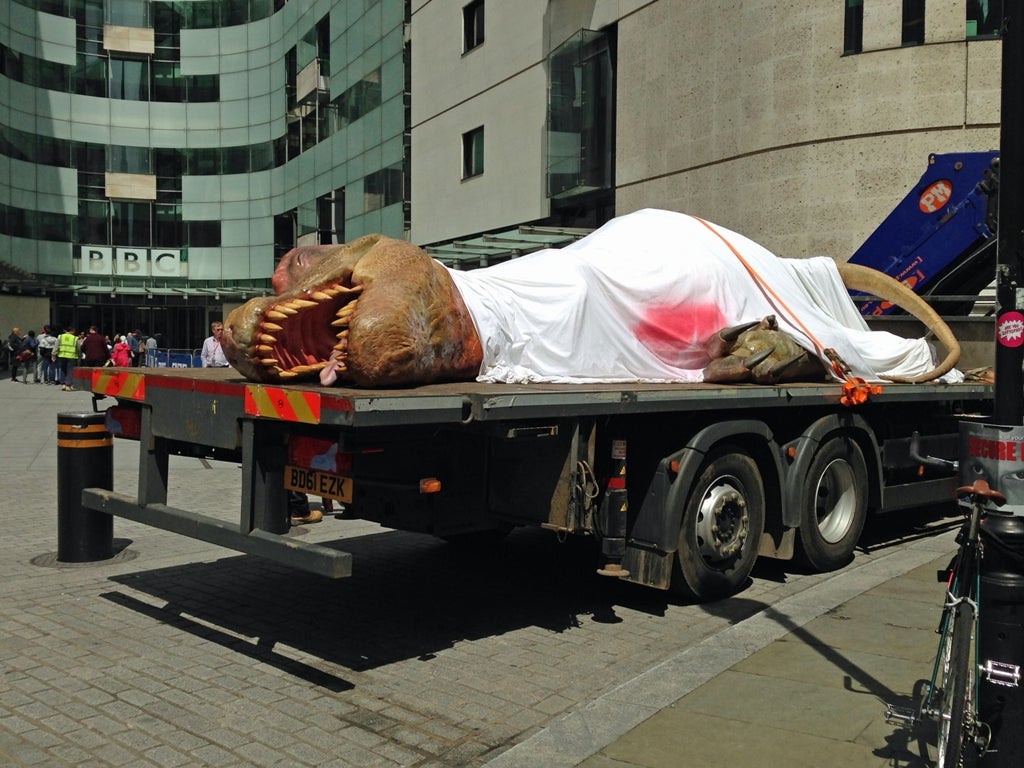
The BBC is set to regulated by Ofcom for the first time and run by a unitary board appointed by the government and the BBC itself.
The move means Ofcom, rather than the BBC Trust, will have responsibility for adjudicating on serious complaints and imposing sanctions where necessary.
Ofcom currently regulates commercial broadcasters and has the power to fine and publish critical adjudications.
The BBC’s charter will also be renewed every 11 years, rather than 10 years at present.
Culture Secretary John Whittingdale will outline the full proposals in Parliament later today as the Government white paper on the future of the BBC is published.
“The BBC is a world-class broadcaster and one of our country’s greatest institutions. Our plans will mean that the BBC will keep making the great programmes we love and will continue to thrive in the future,” a Government source said.
A key reform laid out in the white paper is the formation of what the Government is calling a “strong unitary board for the BBC”.
The BBC will be responsible for appointing at least “half of the board members” and Ofcom will be the external regulator of the corporation.
Specific details of who would elect the other half of the board have not yet been detailed.
This change was one of the key suggestions made by Sir David Clementi last year as he detailed the results of an independent review into the way the BBC was governed.
The former deputy governor of the Bank of England recommended that the current governing body, the BBC Trust, be abolished and suggested the corporation be regulated entirely by Ofcom.
The length of the charter will be extended to 11 years so that it is independent of any political cycle, and there will be a mid-term “health check” to ensure things are functioning as they should be.
The new Charter will also seek to champion and strengthen the independence of the BBC, with special “protections” for the BBC’s editor-in-chief, the Director-General.
Key debates in the run up to charter renewal have been the question of government interference in the editorial independence of the BBC.
MPs expressed concern in parliament around reports that the Culture Secretary would look to prevent the BBC from screening popular shows at peak viewing times.
Whittingdale denied these claims as he addressed parliament and assured MPs there was no truth to the suggestion he would prevent the broadcaster from going head-to-head with commercial rivals.
It is reported in The Times that the BBC will continue to keep secret the pay of “talent” earning more than £150,000. According to the paper this means that the pay of around 100 of the BBC’s stars will remain secret.
It reports that pay for those earning above £450,000 a year, around ten individuals, will be revealed.
The new paper states that the licence fee will increase in line with inflation for five years, meaning the current annual fee of £145.50 will rise from 2017 until 2022. Coupled with this change, the Government also plans to introduce a new process for determining what the licence fee cost is every five years.
“This will give the BBC the financial certainty it needs and increase its independence from government,” the paper explains.
The Government is also closing the BBC iPlayer loophole, by extending the licence to include viewers watching BBC content on catch-up through the iPlayer or other digital platforms.
Plans for the above were already set in motion in July 2015 when the corporation reached an agreement with the Government which saw it agree to pay for the cost of providing over-75s with free television licences. In return, the Government pledged to review the licence fee and how it functioned in regard to the iPlayer.
Email pged@pressgazette.co.uk to point out mistakes, provide story tips or send in a letter for publication on our "Letters Page" blog

